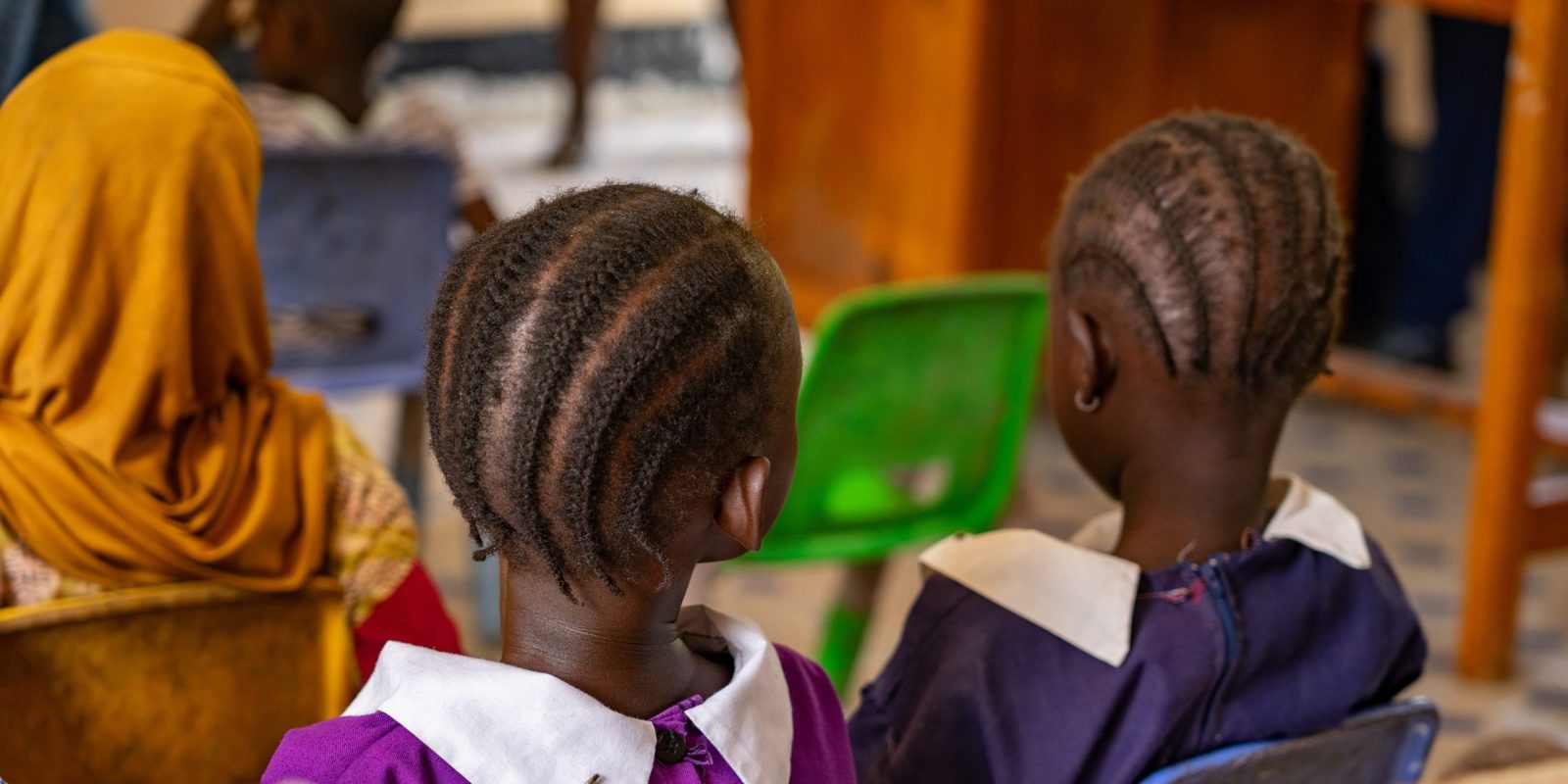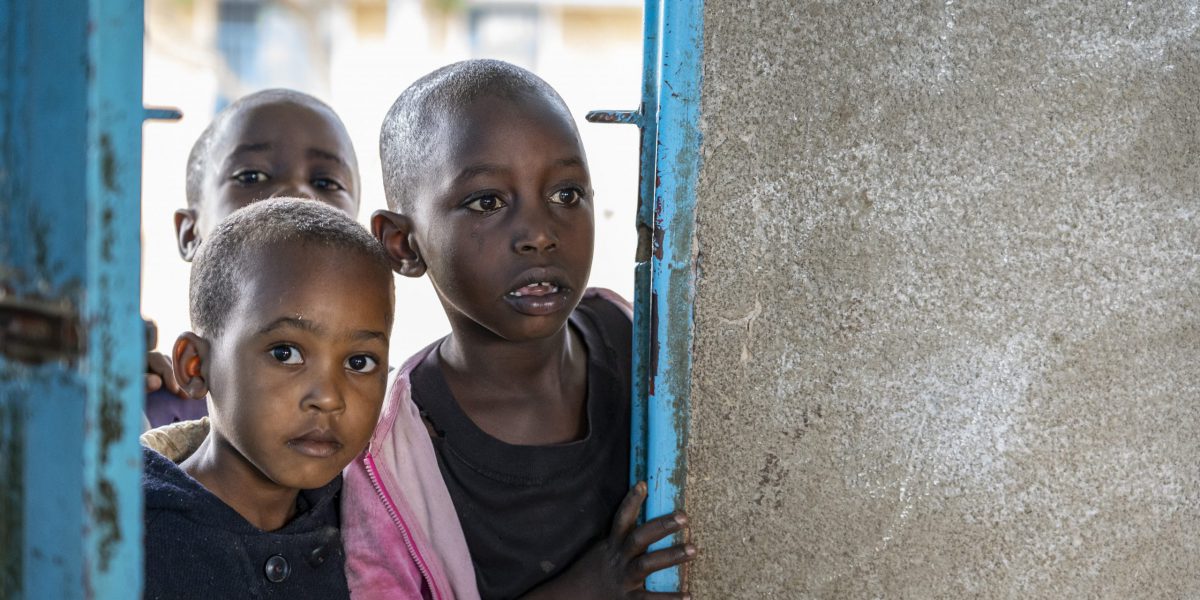
The International Day of the African Child was established initially by the Organization of African Unity (OAU) to memorialize the June 16, 1976, Soweto student uprisings in South Africa. On this day, approximately 20,000 black students protested the quality of their education and demanded to be taught in their own language rather than in Afrikaans. The uprising was met with brutal violence and hundreds of students were killed.
Celebrating the Day of the African Child is about recognizing and applauding the immense courage, strength, and determination of the thousands of young people who understand the crucial responsibility of safeguarding their rights. It is also a call to action for governments, civil society, and the international community to take urgent and meaningful action to ensure that the rights of African children are respected and that they are given the support they need to realize their full potential. With Africa’s population of children under 18 currently at an estimated 600 million and projected to expand by 40% by the year 2050, African children are central to the continent’s future. Thus, June 16, is an opportunity to reflect on the progress the African continent has made in ensuring children’s rights, and a chance to assess upcoming challenges in securing those rights.
Children will be impacted by a series of interconnected crises in 2023, as reported by UNICEF*.
The war in Ukraine has resulted in high food and energy prices, global hunger, and inflation – just one example of how crises affect each other. Also, the report “Prospects for Children in 2023: A Global Outlook”, also looks at a range of other significant areas, from the ongoing impact of the COVID-19 pandemic to the fragmentation of the internet, and the climate emergency. Here are eight insights from the study.
1. The pandemic casts a long shadow, but health breakthroughs offer hope.
The COVID-19 pandemic has highlighted the need for strong global health security and many countries remain at risk. Unfortunately, it is children who have been shown to be the most vulnerable – if not to the virus itself, then to its many impacts.
Unfortunately, it is children who have been shown to be the most vulnerable – if not to the virus itself, then to its many impacts.
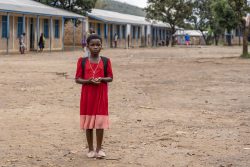 2. Efforts at taming inflation have unintended impact on child poverty
2. Efforts at taming inflation have unintended impact on child poverty
Soaring inflation has been the economic story of the year and, unsurprisingly, its impacts can weigh heavily on families and children. Attempts to tame price rises can also have harsh
consequences, like slowing economic growth and reducing job opportunities – particularly for young people.
Government action to expand and protect social benefits, cushion the most vulnerable from the impacts of economic austerity.
3. Food and nutrition insecurity is set to continue
Food insecurity has been rising because of extreme weather events, bottlenecks in key supply chains, and conflicts like the war in Ukraine. Making the world’s food systems more resilient is one way to mitigate this issue.
4. Energy crises cause immediate harm, but a focus on sustainability means a greener future.
For billions of people, rising energy prices are sharply increasing the cost of living, and the outlook for 2023 is uncertain.
That outlook has spurred an even greater focus on transitioning to clean and sustainable energy sources, with the potential to create new jobs for young people.
However, many of them do not feel prepared for these new careers, so preparing young job seekers with training opportunities needs to be a critical part of any green energy agenda.
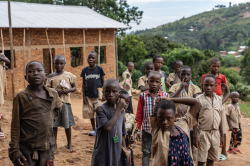
5. Focus on climate finance, debt relief for developing countries
Developing countries face multiple challenges as they attempt to recover from the pandemic, address the climate crisis, and deal with economic stress, but financial support for these countries is not increasing to meet their escalating needs.
Without reforms to unlock additional development finance, resources will be spread increasingly thin and urgent needs will be left unmet – and that’s bad news for children.
6. Democracy has been increasingly imperiled in recent years, and it will continue to be challenged in 2023. Political instability can lead to positive social change, but it can also leave the door open for authoritarian leaders.
In 2023, it is likely that young people will play an even more prominent role in social movements, whether in climate action, mental health, education, or gender equality. Their advocacy will be powerful and will contribute to momentum for change.
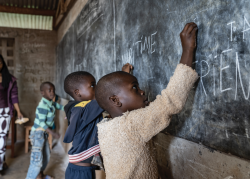
7. Increased antagonism complicates efforts to help children
In an atmosphere of increasing factionalism, multilateralism becomes more difficult: the number of children in need is currently at its highest level since World War Two, and an antagonistic world is unlikely to lead to positive outcomes for children.
Improved international cooperation is needed for multilateral organizations to be able to address challenges facing children; there are still opportunities to set tensions aside, find common ground and prioritize the well-being of children.
8. The internet becomes less open, and more fragmented
Technological, commercial, and political factors are fragmenting the web into isolated islands of connectivity and governance.
Children are particularly affected since they rely heavily on the internet for their education and social interactions. In 2023, we are likely to see efforts to promote a free, inclusive, and secure web, and all opportunities to create a digital future that benefits children must be seized.

